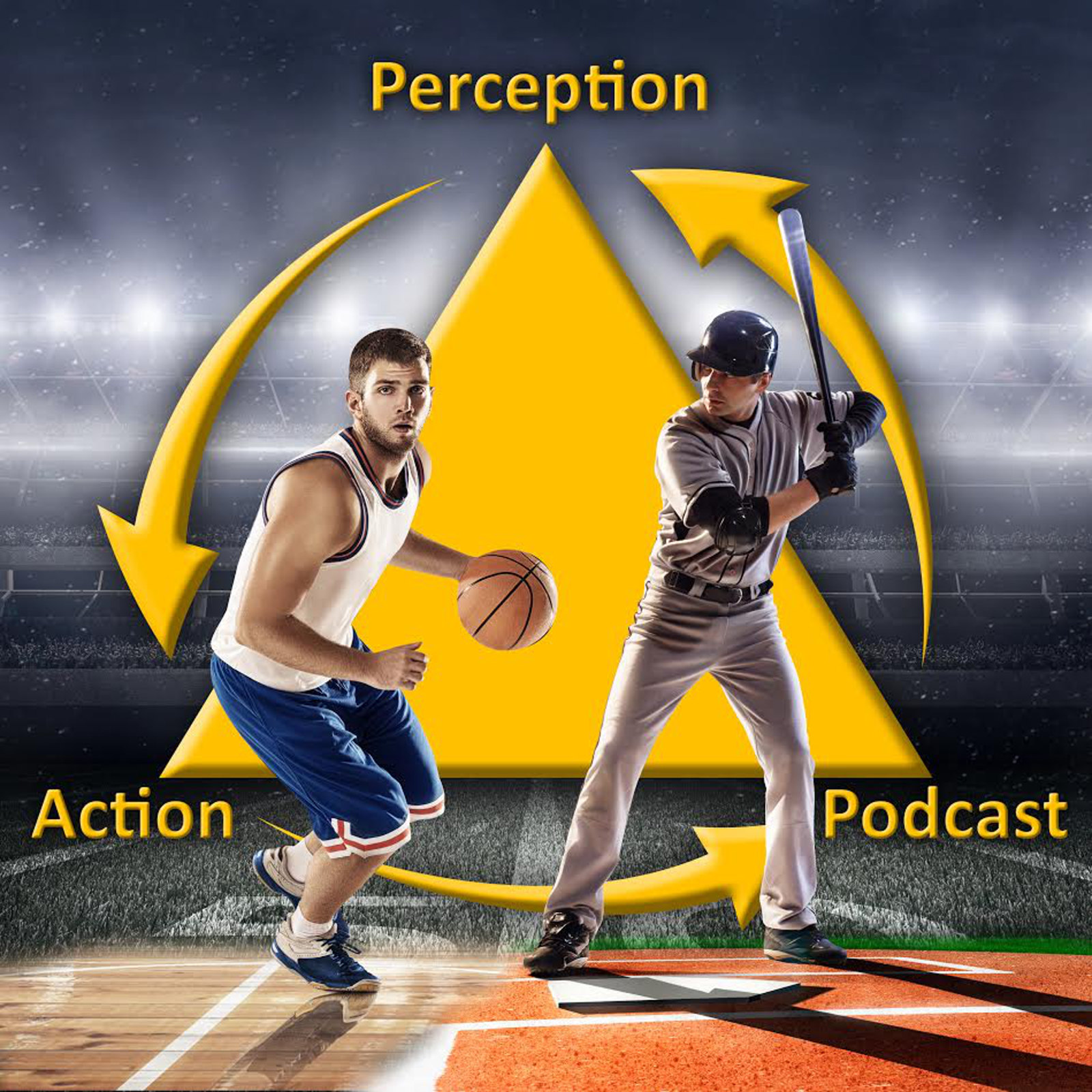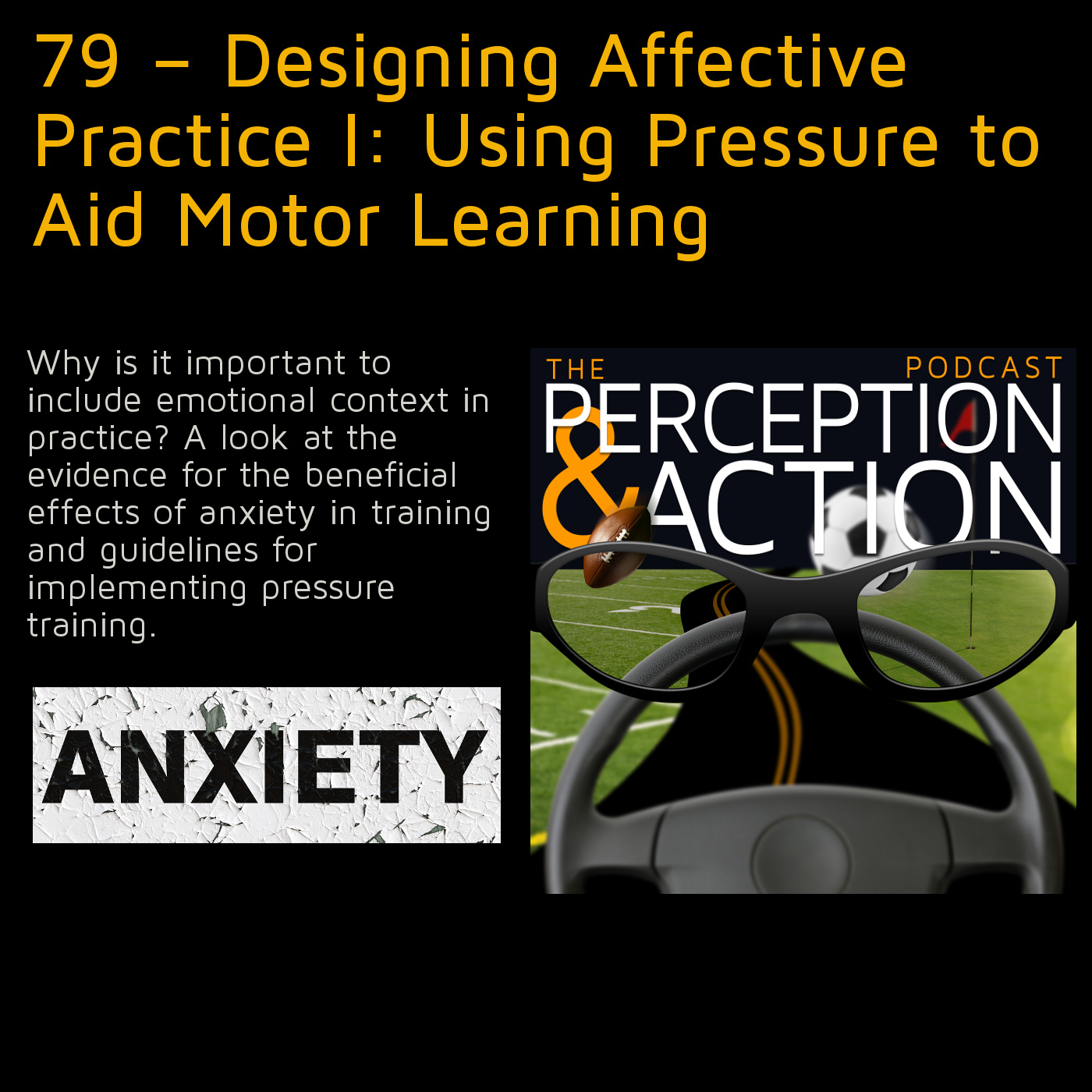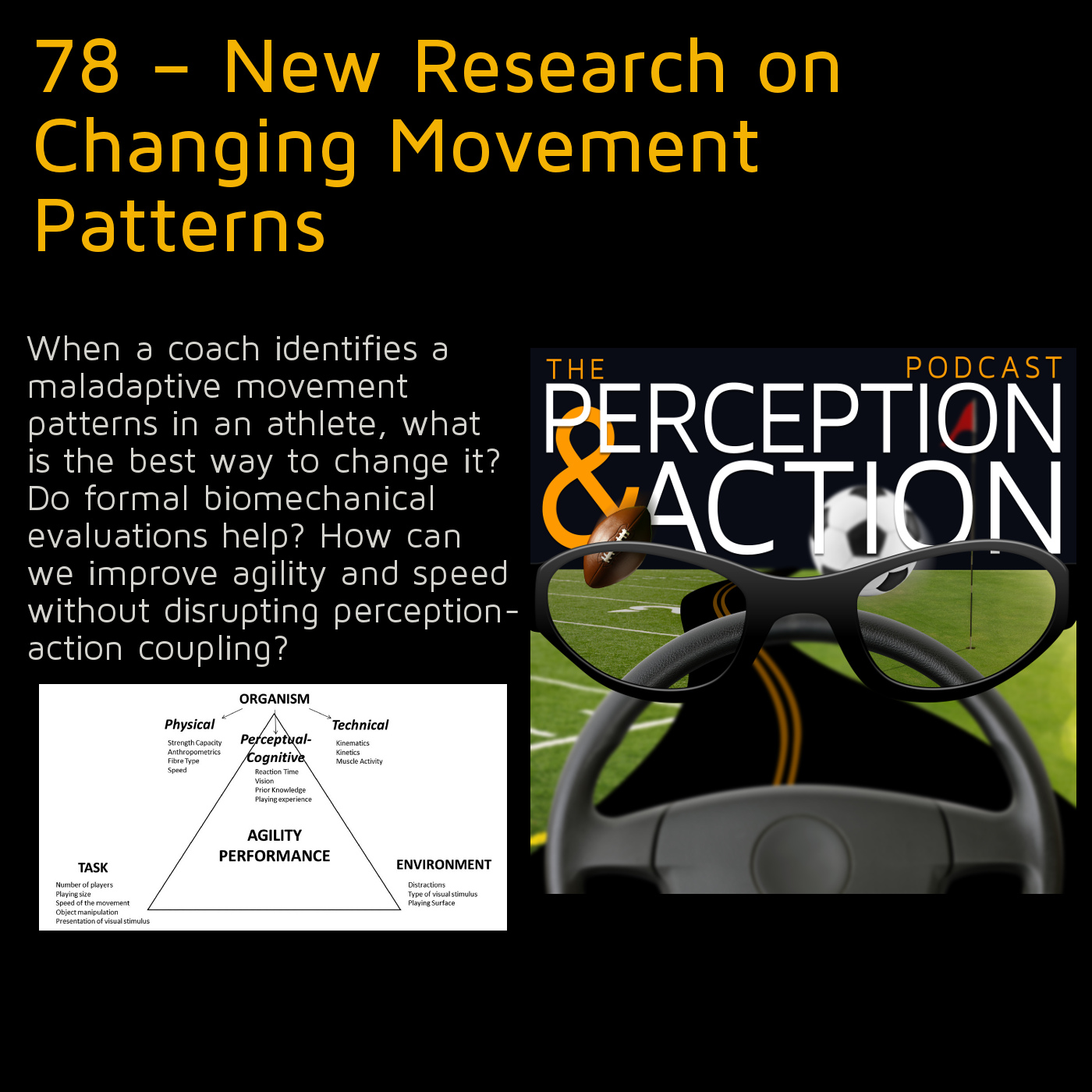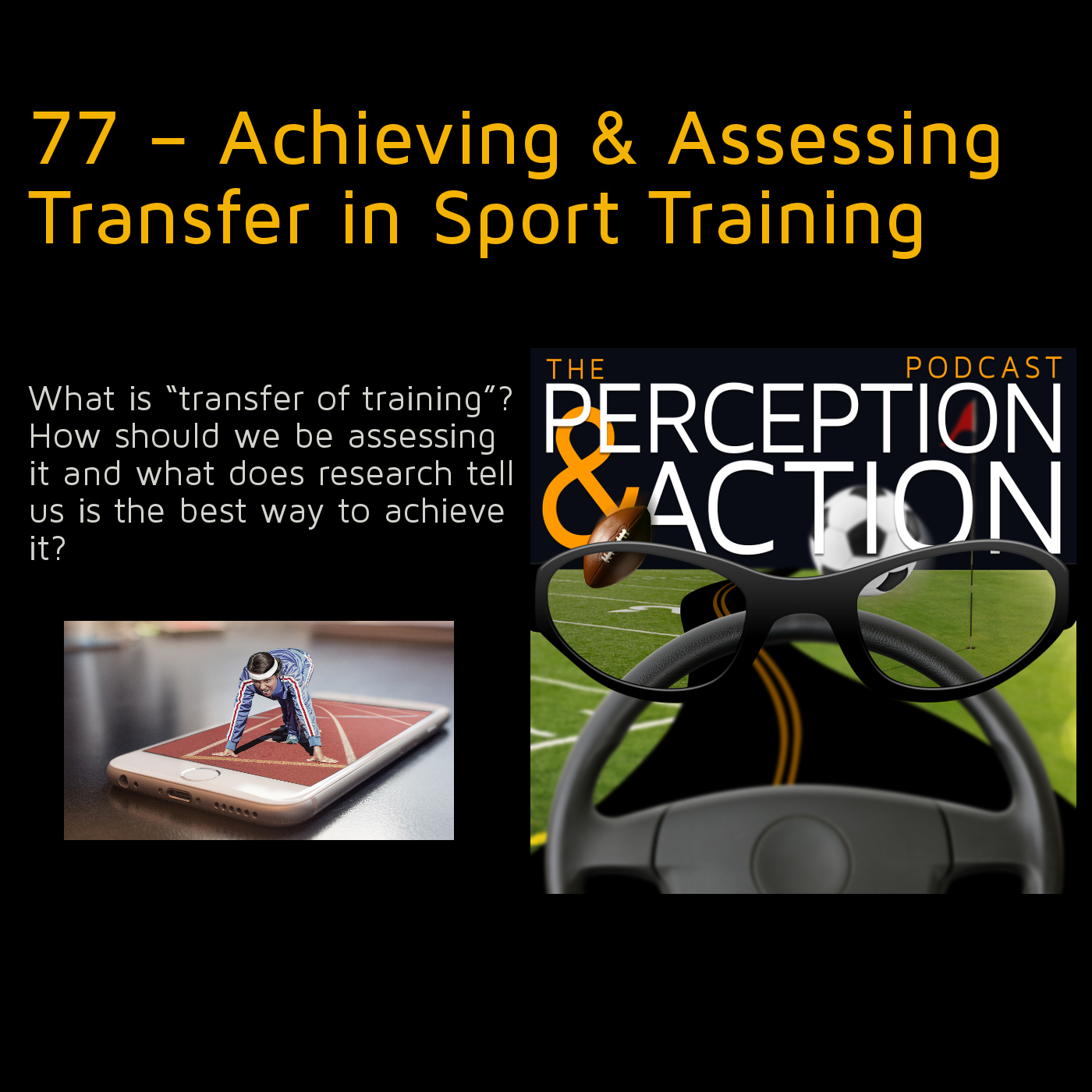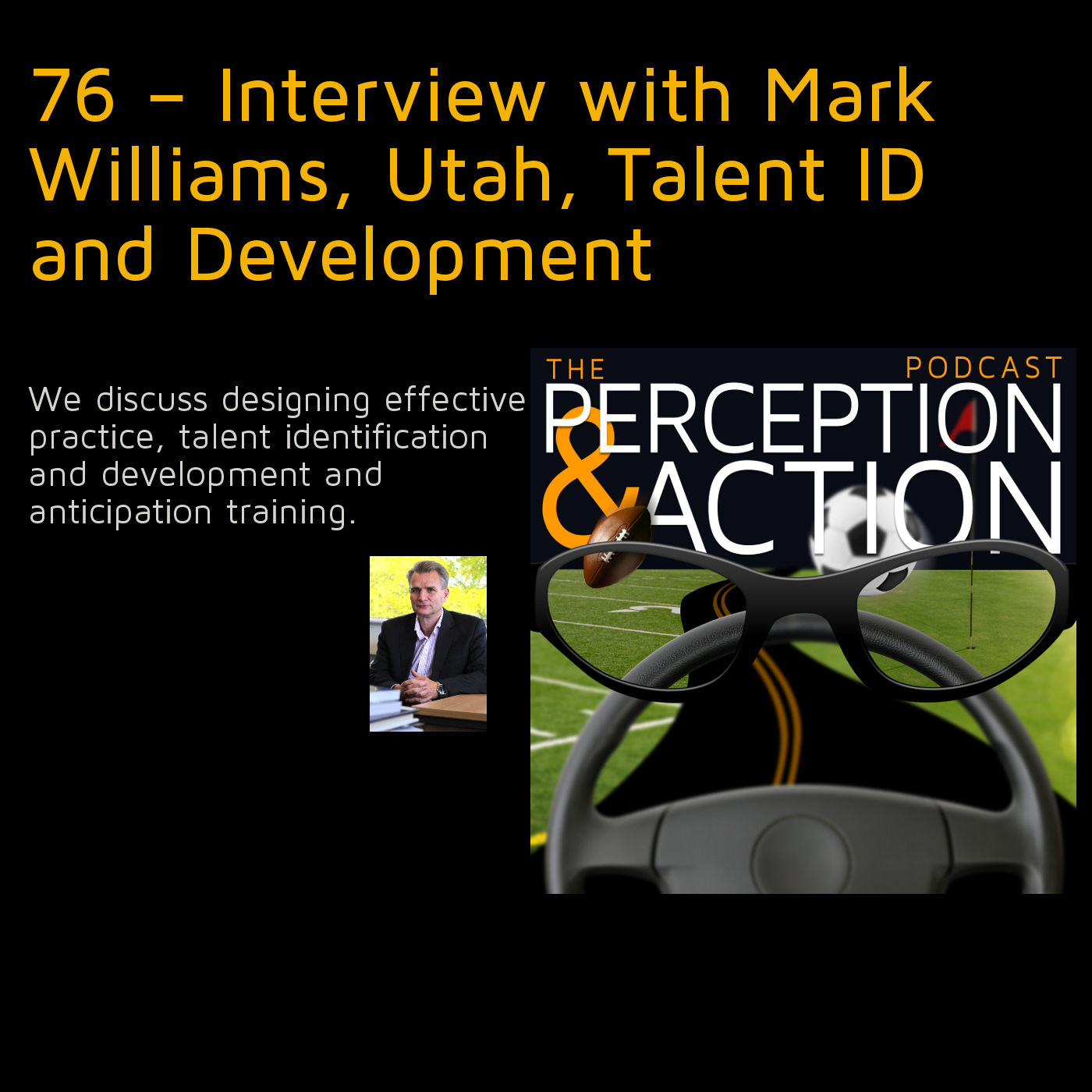79 – Designing Affective Practice I: Using Pressure to Aid Motor Learning
79 Why is it important to include emotional context in practice? A look at the evidence for the beneficial effects of anxiety in training and guidelines for implementing pressure training. Download link Articles: The dynamics of expertise acquisition in sport: The role of affective learning design Training with mild anxiety may prevent choking under higher…
Read More